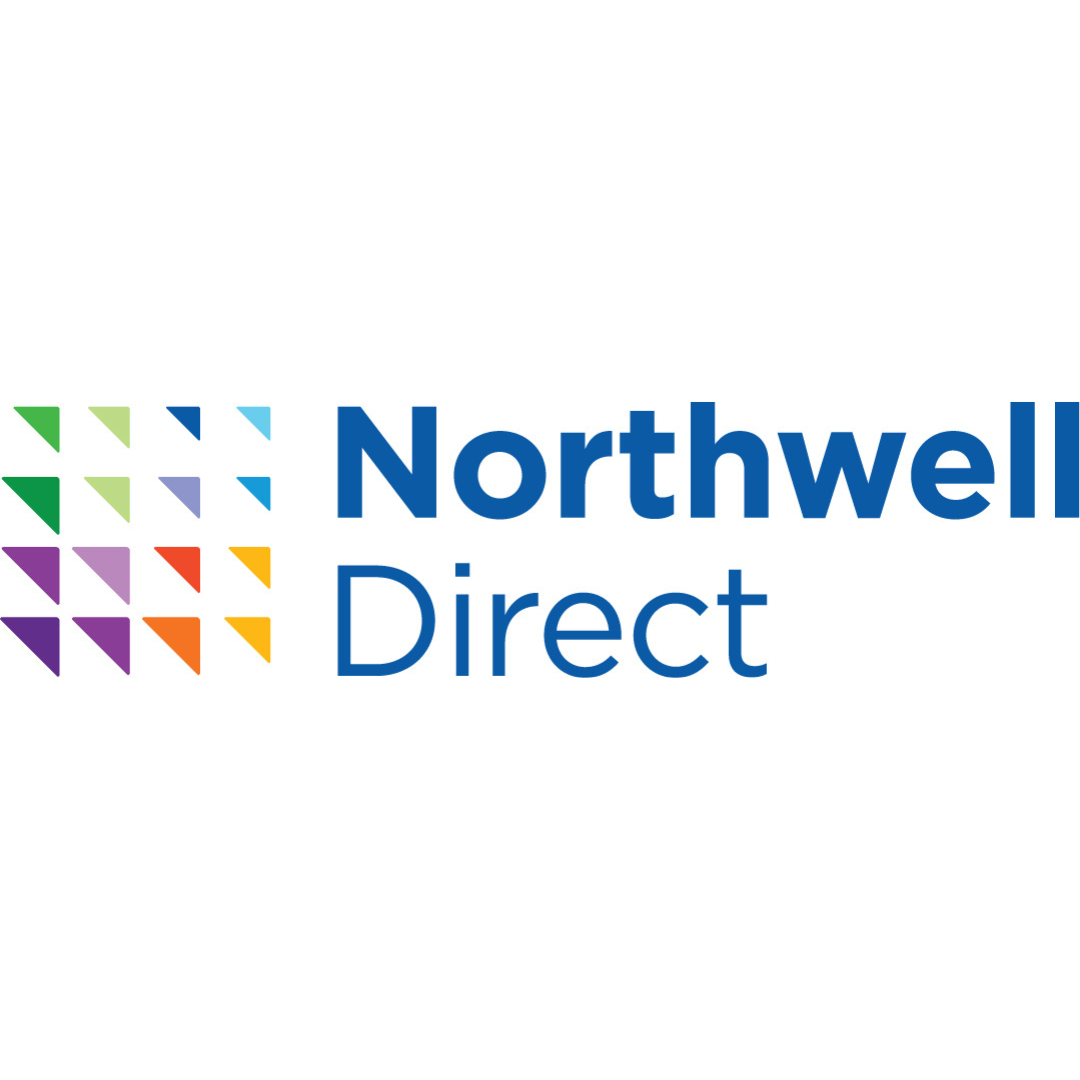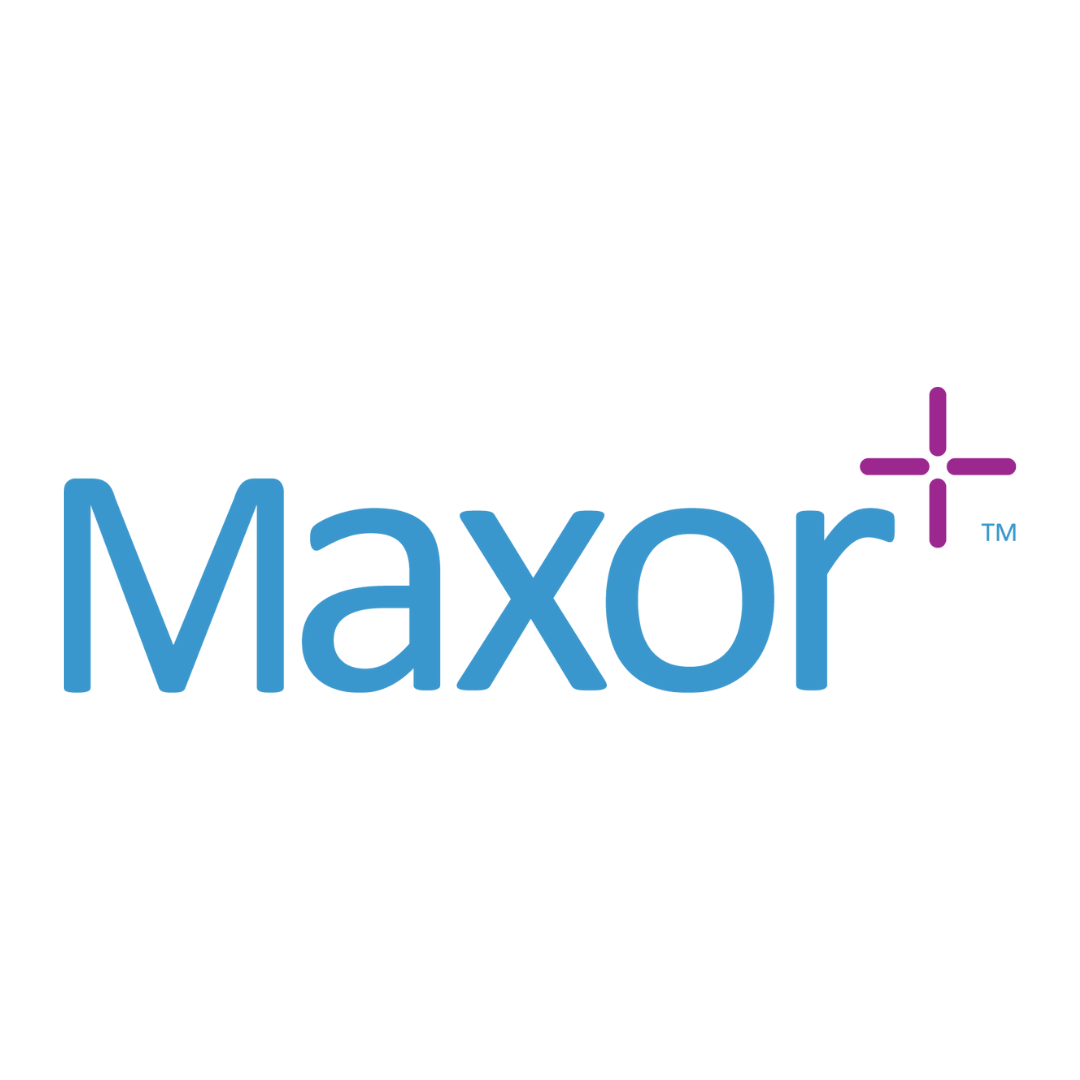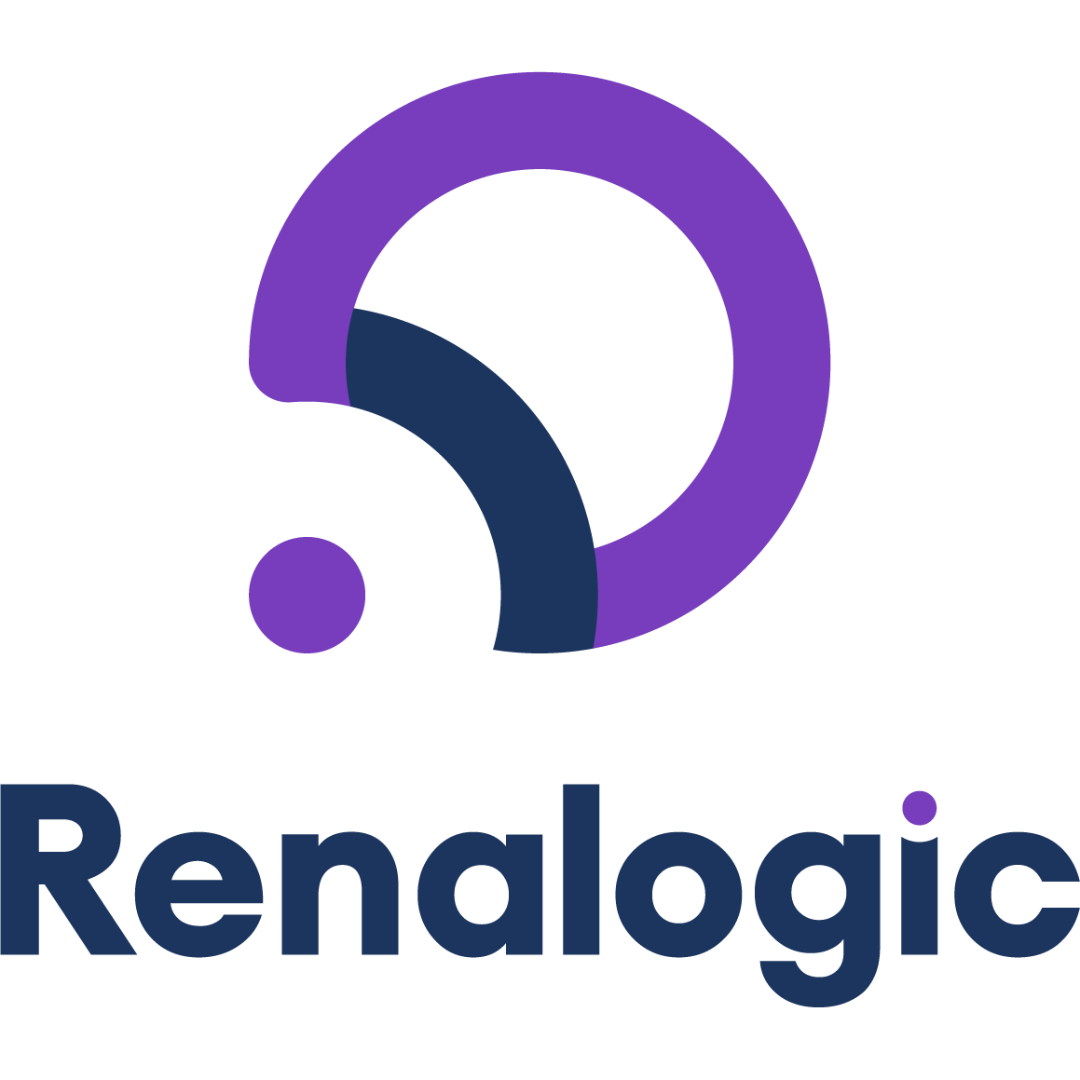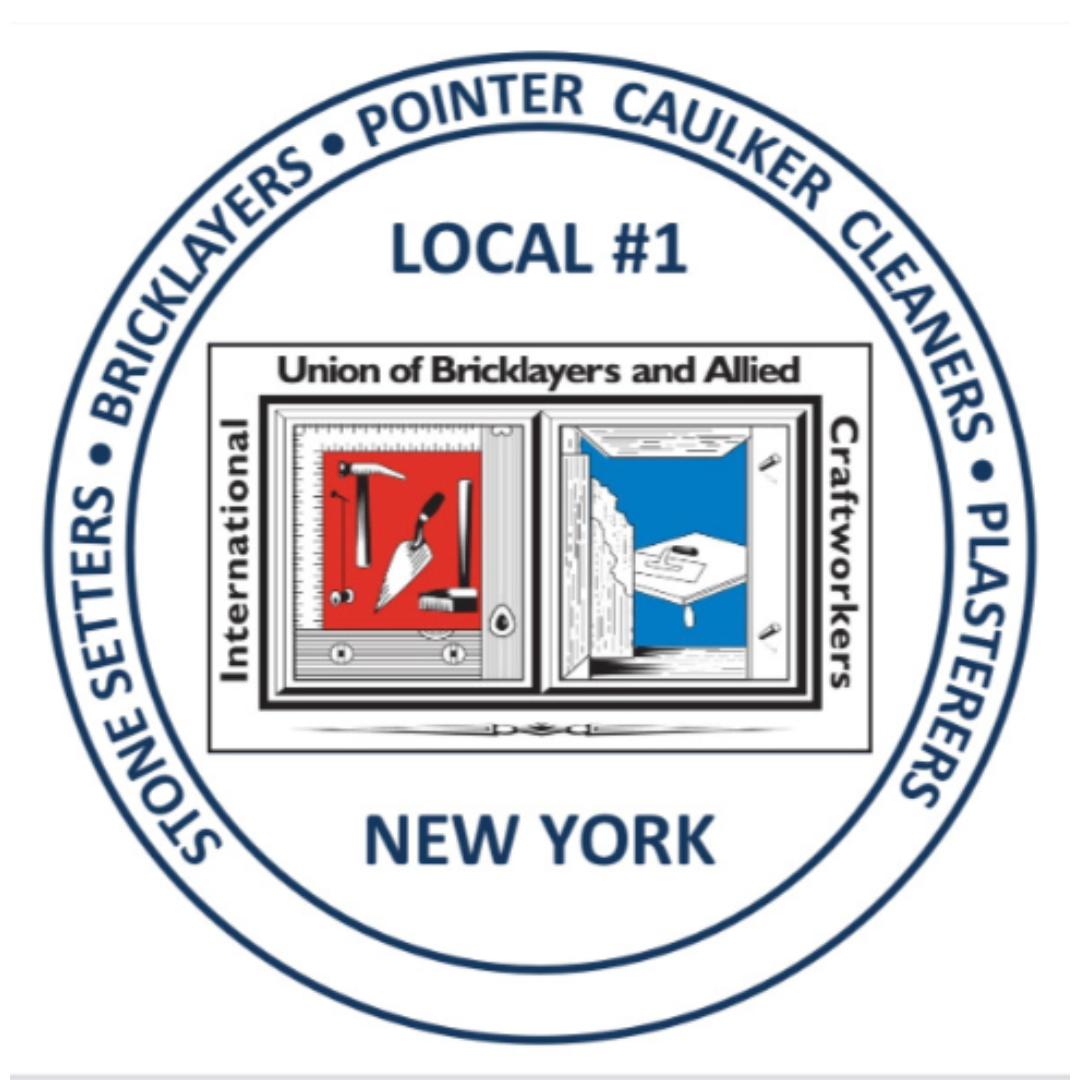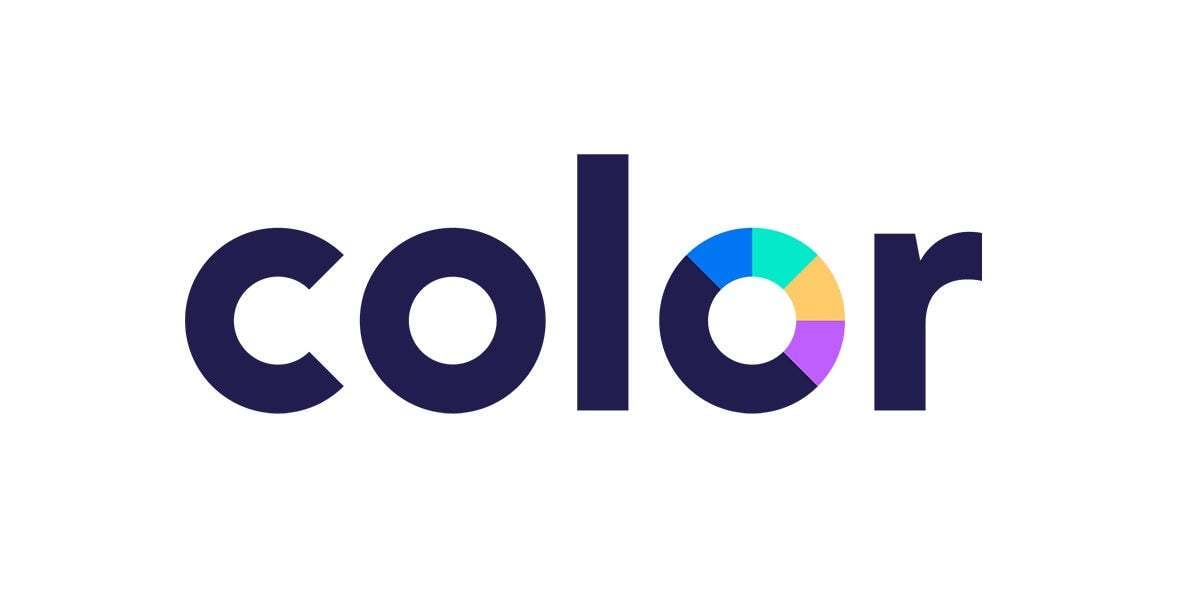Color’s Virtual Cancer Clinic – Building a Modern Approach to Managing Cancer
Othman Laraki
October 16, 2024
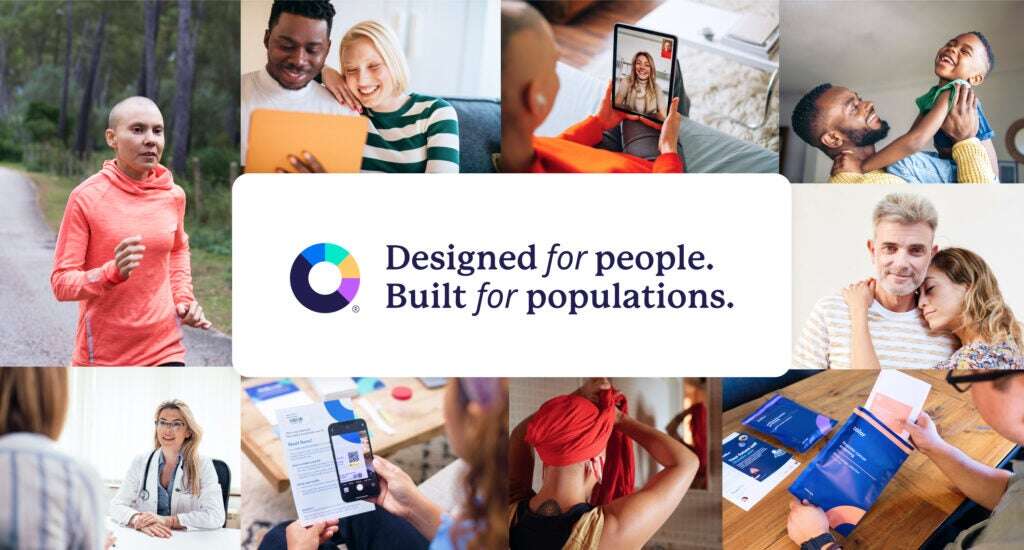
We all know someone who was diagnosed with an advanced cancer that could have been caught earlier. We’ve watched loved ones struggle through their cancer journey, facing long delays to treatment, poor or ambiguous decisions, and irrecoverable financial burdens.
In the last 20 years, cancer treatment costs have risen tenfold while late-stage survival rates have barely improved. At the same time, the incidence of cancer in young people has been increasing for decades. Even with improving survival rates in many cancers, we are spending more than ever and still see cancer’s overall toll continuing to grow.
At Color, we developed the nation’s first Virtual Cancer Clinic, designed from a first-principles approach to establish a modern care model, rather than simply navigating the edges of existing systems. As with most aspects of our lives over the past 20 years, we believe that with a virtual-first distribution model, it is possible to improve both the cost and quality of services we receive. Instead of assuming that high quality care is highly centralized, scarce and expensive, we believe that it is possible to serve a national footprint in a way that makes world-class care accessible, equitable and affordable.
Today, we announce the clinic’s evolution, adding clinical and support capabilities to provide longitudinal care at every stage – spanning early detection, diagnosis, treatment, and survivorship.
Why does the status quo for cancer care fall short?
Currently, no one is responsible for holistic cancer outcomes – both at a population level, and for every patient facing this disease. At every stage of cancer – from prevention, screening, and diagnosis all the way through treatment and survivorship – the medical community has developed well-accepted consensus guidelines that are shown to be cost-effective and can improve outcomes. Yet, we fail to deliver these efficiently, equitable or cost-effectively.
Even for those who are fortunate enough to benefit from a generous insurance plan, the cancer experience – from receiving simple screenings to managing treatment – is littered with roadblocks, inconvenience and consistent deviation from guidelines. Attempts to “navigate” around the mess have mostly failed because it is impossible to smooth away a broken model.
Here are the principles on which Color’s Virtual Cancer Clinic is built – to create a modern approach to managing cancer.
Principle 1: Direct care – integrated, evidence-based clinical management
We designed Color’s Virtual Cancer Clinic to deliver better outcomes by ensuring that care happens seamlessly, no matter where a patient is or whether they can physically access a clinic. Our vertically-integrated model brings together a clinical team, diagnostic labs, and care advocacy into an evidence-based practice to ensure timely action at every stage of care.
Through our partnership with the American Cancer Society (ACS), we provide early screening and intervention, supporting patients from initial detection through to survivorship.
As the first 50-state virtual cancer clinic, we’ve built a structure that offers consistent, high-quality care across the country. This includes pre-treatment workups, symptom management, and continuous care throughout the cancer journey. By integrating all these elements, we make state-of-the-art cancer care affordable and accessible, transforming how care is delivered and ensuring patients receive the right interventions at the right time.
Principle 2: Earlier interventions – proactive care at every stage
With cancer, time is the enemy. It is almost always preferable to diagnose cancers at an earlier stage, and once they are diagnosed, delays in treatment account for some of the most costly missed opportunities for a better outcome. This is why our Virtual Cancer Clinic focuses on a proactive care model, rather than reactive navigation.
Our approach accelerates care by engaging patients early, addressing issues like transportation issues to treatment or symptom management related to the earliest stages of chemotherapy, before they escalate. This proactive approach ensures that patients receive the right care, faster, giving them control over their cancer journey. By acting earlier, we improve both the quality and speed of care, ensuring that treatment happens when it’s most effective and helping to prevent avoidable complications. Designing a proactive care model around guidelines appropriately balances against the risks of over-screening and over-treatment; guidelines exist for a reason, and the issue is that they are inconsistently applied. Quality and consistency across full workforces change outcomes and costs.
Principle 3: Access – accessibility drives engagement and outcomes
Care only makes a difference if it’s used. Our experience over the last decade, serving 7 million patients, has shown time and again that access drives engagement, and engagement leads to better outcomes. That’s why our Virtual Cancer Clinic ensures patients can easily access the care they need – whether it’s for screening, treatment, or transitioning back to health.
Color designs both our member experience and our business model for real impacts on population health. Our clinic combines technology, diagnostics, and clinical expertise – fully vertically integrated – to enable access because we can control and design for ease at each step. And our pricing is a simple bundled structure, also designed for access for patients, rather than optimizing fees for a series of disconnected clinical services.
For example, the Virtual Cancer Clinic delivers at-home screenings, 24/7 care team availability, and cancer expert consultations that are accessible from anywhere. We are already seeing a more than 70% increase in adherence to screening guidelines, and we know that continuing to reduce access barriers is fundamental to improving outcomes and reducing costs at every step of cancer care.
Principle 4: Expertise – decentralizing excellence
Cancer is a domain that has exploded in complexity and nuance over the years, even more so than most other disease areas. Today, managing people who are at increased risk or are enduring specific cancers often requires substantial sub-specialty expertise. While patients at academic medical centers are often able to access the top expertise for their circumstance, most never have that opportunity.
At Color, we have built our Virtual Cancer Clinic on a foundation of deep knowledge in cancer risk, clinical guidelines, treatments, and survivorship. Our vision is to decentralize excellence such that any patient, wherever they are being cared for or treated, is able to benefit from the oversight and guidance from a national network of specialists. And this isn’t just for those who are in treatment; we have helped tens of thousands of patients with family histories of cancer, genetic predispositions, or environmental or lifestyle risk factors that require a different level of care than they have gotten from their primary care doctors.
Our approach to decentralizing expertise is founded on:
- Partnering with leaders in the field such as the American Cancer Society (ACS), UCSF, Stanford, Mt. Sinai and other leading institutions;
- Building an in-house, multi-disciplinary, patient-facing team of cancer experts – including oncologists, genetic counselors, nutritionists and more;
- Deep investments in technology, such as Color’s Cancer Copilot, developed in collaboration with OpenAI, which leverages AI to provide personalized support to doctors and patients.
By combining clinical expertise with innovative tools, we believe it is possible to decentralize excellence. Where you live or what health plan you’re on should no longer be the determinant of whether you will receive cancer care that is modern, up-to-date, and the best for you.
Principle 5: Cost-effectiveness – simplified service models and care advocacy
Throughout Color’s history, we have found that it is possible to dramatically reduce the cost of care by integrating splintered interactions into a single service. Color’s Virtual Cancer Clinic combines experiences that connect primary care, diagnostics, oncology and care advocacy into a single, integrated model.
In addition to direct savings through the Virtual Cancer Clinic’s model, we also believe that it is our job to provide education and services to help patients avert the financial toxicity they face during a cancer journey. Today, close to half of cancer patients lose their entire life savings within two years of diagnosis. To that end, we’ve developed tools like the Care Wallet, a cancer-specific Health Reimbursement Account (HRA) to help patients manage out-of-pocket expenses, reducing long-term financial strain.
By optimizing care locations, providing direct access to services like screenings and specialist visits, and implementing proactive interventions, we lower unnecessary costs. This approach ensures access to affordable, high-quality care that benefits both patients and employers.
Find out more
To learn more about how Color’s programs are intentionally designed to transform cancer care at every stage, reach out at learnmore@color.com. Or, you can read about the latest expansions to our Virtual Cancer Clinic here.



